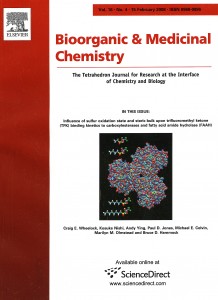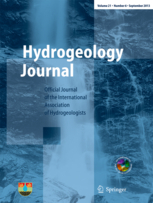
Ariel Fernandez‘s list of papers with editorial asterisks next to them grew again this week.
Fernandez has had one paper retracted, two papers subject to Expressions of Concern, including one from Nature, and another put on hold over data concerns. He threatened to sue us for covering one of the Expressions of Concern.
Here’s the “Notice from PLOS Genetics” for “Protein Under-Wrapping Causes Dosage Sensitivity and Decreases Gene Duplicability:”
Please be advised that PLOS is working with the authors on an investigation regarding one or more issues that have been raised with respect to the content or authorship of this paper.
We asked Fernandez for more details. He did not provide any, saying only that the criticisms of the work “have no scientific value” because they were made anonymously: Continue reading PLOS Genetics investigating paper by Ariel Fernandez








